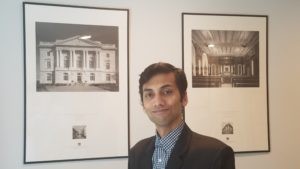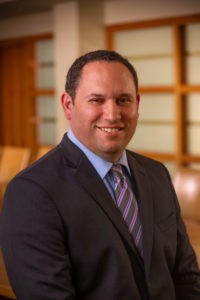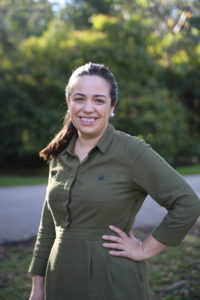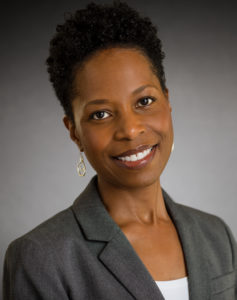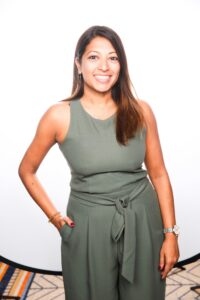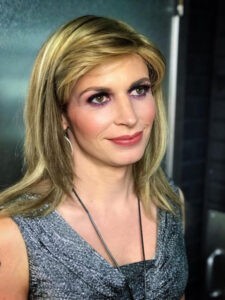
Jayla Wilkerson (she/her)
Co-Chair, ACS Dallas Lawyer Chapter
As a transgender woman in Texas, I know firsthand about marginalized communities. As a highly educated, employed, articulate, able-bodied, white woman, I also know firsthand about privilege. I am very lucky, privileged, and blessed. Not all people in this country are. That is why I like to use my position of privilege to help others where I can.
At 32 years old, I became the first in my family to graduate college. I then went on to Penn Law, where I participated in ACS and many other organizations and was an executive editor on the Journal of Constitutional Law. Among the great aspects of Penn Law are a passion for public interest legal work and a dedication to cross-disciplinary education. Both shaped my career trajectory immeasurably. I have spent all my career so far in government – city, county, state, and now federal – doing public interest work. Government jobs do not allow for things like pro-bono cases, so I pursue other avenues of helping others outside of the office.
I began working for social justice causes after the election of our current White House resident. Among other things, I founded Transgender Pride of Dallas, I serve as secretary of the Stonewall Democrats of Dallas, I served as Co-Chair for the Equal Justice Committee of the Dallas Association of Young Lawyers, and I serve as co-chair for the Dallas Lawyer Chapter of this marvelous organization, the American Constitution Society. I am engaged in speaking events whenever possible, and I teach new recruits of the Dallas Police Department about communicating with the transgender community. Last year, I was honored to be recognized by the Dallas LGBT Bar Association as the inaugural recipient of its Justice Award for some of this work.
I do what I can with the tools that I have to make this world a little safer for members of marginalized communities. If you are reading this, chances are that you do also. Thank you for your service to your communities.
ACS is a great organization doing very important work in our law schools and in our nation. Keep up the good work, everyone. Together, we can make a difference. Together, we can build a society which puts people over profits and recognizes and celebrates the common humanity we all share.

